The Biden administration declared on Wednesday that the post-Cold War era is "definitely over", and the U.S. will avoid viewing the world "solely through the prism of strategic competition". But it singled out China as "America's most consequential geopolitical challenge" to be outcompeted, while admitting the necessity to cooperate on shared challenges.
The 48-page national security strategy, released 21 months into Joe Biden's presidency and less than a month before the Nov 8 midterm elections, is laden with talks of a competition that it says "is underway between the major powers to shape what comes next", and describes a coming struggle as one of autocracies versus democracies.
In dealing with the effects of transnational shared challenges, another strategic challenge it says the U.S. is facing, Washington will seek to make progress "by making investments at home or by deepening cooperation" with other like-minded countries, according to the document.
As for China, identified as the "only competitor" with both the intent and increasingly the power to "reshape the international order", the document presents a threefold strategy: invest in strength at home, align efforts with allies and partners, and compete.
Graham Webster, a research scholar at the Stanford Cyber Policy Center, noted that U.S. Secretary of State Antony Blinken has outlined the threefold approach to China.
"This pointedly did not include 'contain' or 'constrain,'" Webster wrote on Twitter Wednesday. "Yet U.S. policy that may claim to be about 'competing' is already designed to constrain."
For the moment, "constraining" is an approach the U.S. took to deal with Russia, according to the National Security Strategy, which has a section titled "Outcompeting China and Constraining Russia" in the part on global priorities.
Chinese State Councilor and Foreign Minister Wang Yi has recently criticized Washington's approach to defining the bilateral relationship by strategic competition.
"This is bringing tremendous uncertainty to the future of our peoples and to countries across the world," Wang said in a speech on China-U.S. relations in New York on Sept 23.
The National Security Strategy toes the line that Biden has often stressed, "We do not seek conflict or a new Cold War."
Speaking to reporters on Wednesday, Biden's national security adviser Jake Sullivan also said that Washington is "not seeking competition to tip over into confrontation or a new cold war".
Wang already questioned such assertions.
"How can a new Cold War be prevented, when the United States has, identifying China as the primary rival and the most serious long-term challenge, engaged in all-round containment?" the minister said.
U.S. media outlets have noted how the new strategy overwhelmingly targets China and how it echoes the one of the Trump administration, which asserted "great power competition returned".
"But what leaps from the pages of Mr. Biden's strategy, which was drafted by the National Security Council with input from around the administration, is a relentless focus on China," The New York Times reported.
It reported that much of the military strategy described in the document is meant to counter China in space, cyberspace and at sea. It describes a more aggressive U.S. effort to enhance cybersecurity and urges work with allies and the private sector to "withstand attempts to degrade our shared technology advances" by limiting Chinese and other investment in the U.S. and controlling exports of key technologies to China.
Like the May 27 Blinken's speech on the U.S. administration's policy toward China, the National Security Strategy says the U.S. will manage its competition with China "responsibly" and "will always be willing to work with the PRC where our interests align".
"We can't let the disagreements that divide us stop us from moving forward on the priorities that demand that we work together, for the good of our people and for the good of the world," it read.
That includes on the climate, pandemic threats, nonproliferation, countering illicit and illegal narcotics, the global food crisis, and macroeconomic issues, the document says.
China has already made it clear that based on equality and respect, it is willing to have more and better cooperation with the U.S..
But Beijing has said that for cooperation to be win-win, there needs to be necessary conditions and atmosphere.
"The United States should not undermine China's core interests on the one hand, and on the other, expect China to cooperate unconditionally," Foreign Minister Wang said in the New York speech.
Sarang Shidore, director of Studies and senior research fellow at the Quincy Institute, a think tank, said that while the National Security Strategy calls for engaging "constructively" with China on the climate, which is a good sentiment, the strategy provides no incentives or realistic pathway for China to return to the table.
"The administration faces a contradiction between its actions on China-containment and the imperative of climate action," Shidore said, according to an article posted on the institute's website Wednesday.








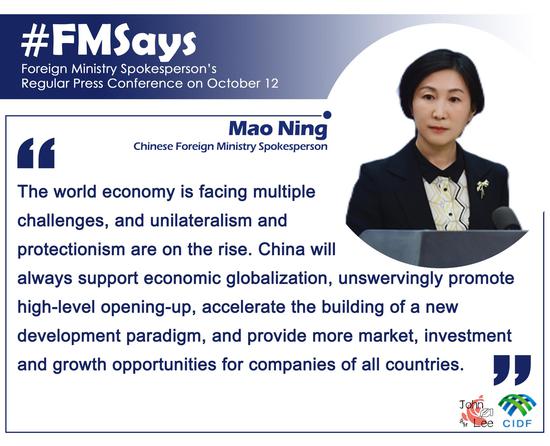


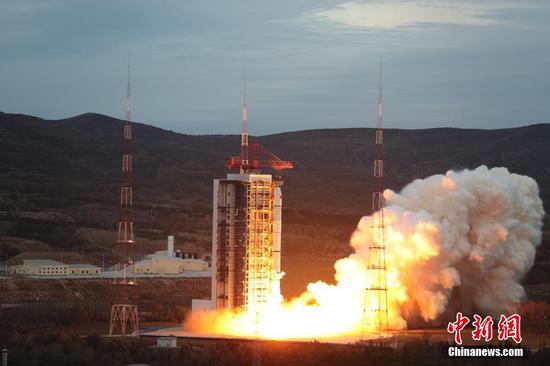


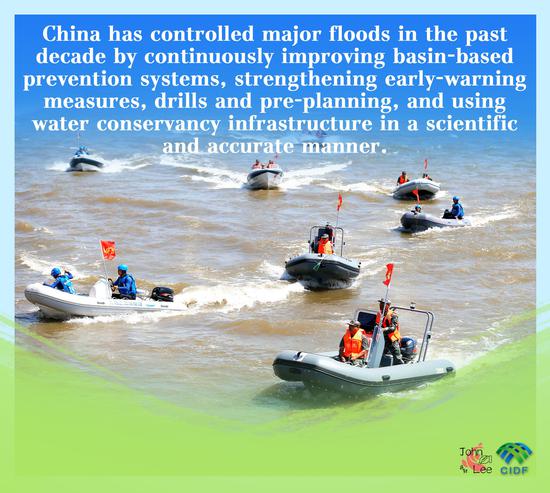



















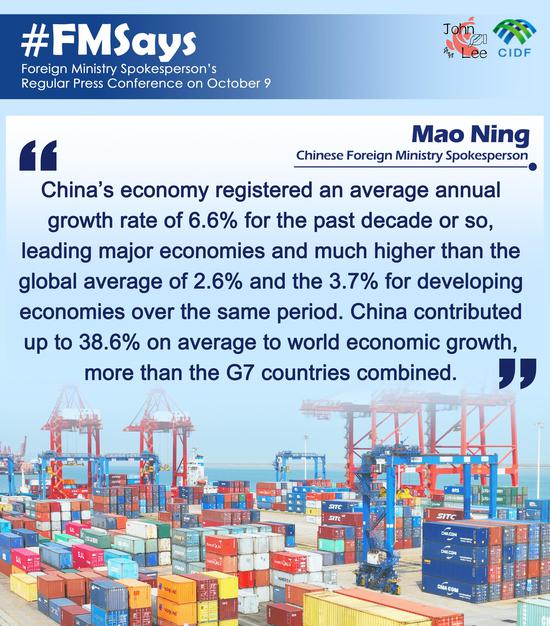


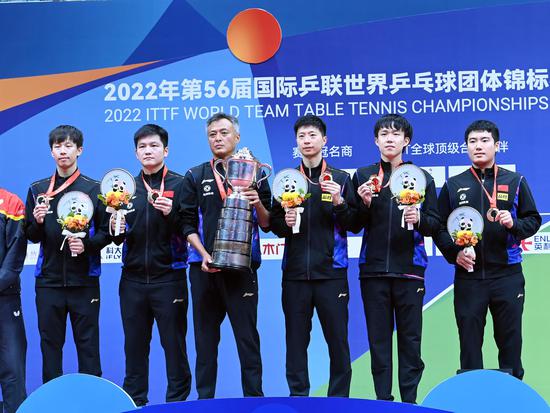

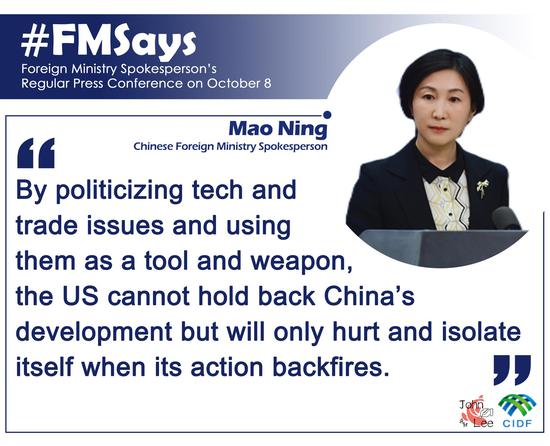










 京公网安备 11010202009201号
京公网安备 11010202009201号